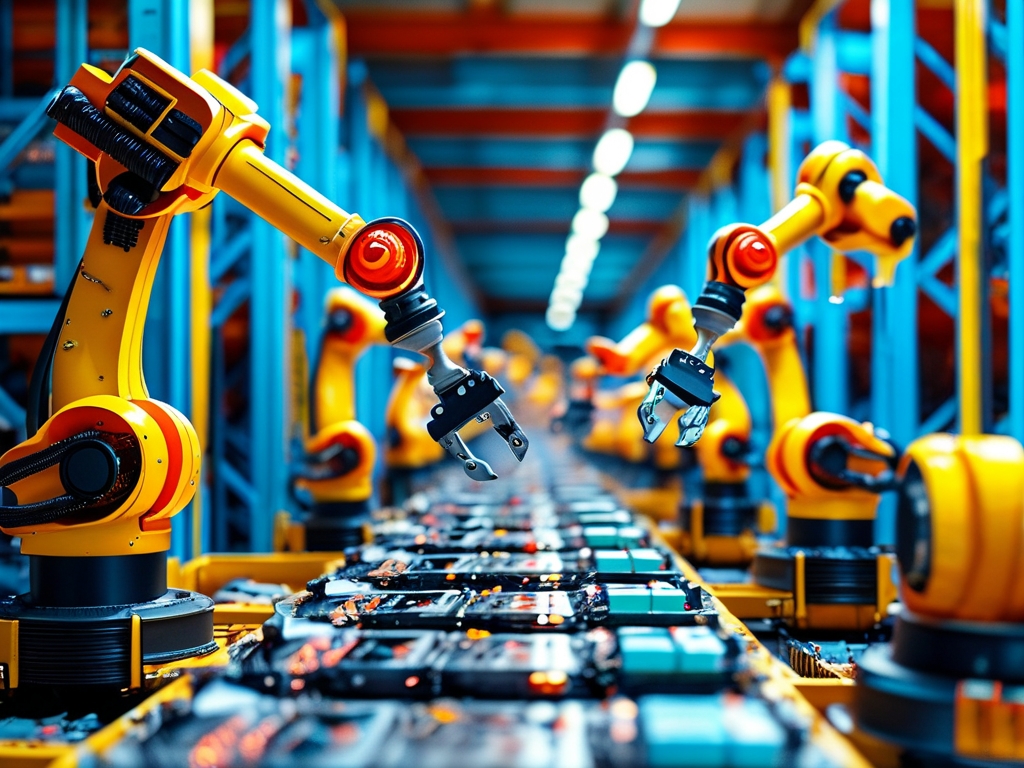The automotive industry is undergoing a transformative shift, fueled by advancements in connectivity, autonomous driving, and electric vehicle (EV) technologies. At the heart of this revolution lies a critical yet often overlooked role: the data management engineer. These professionals are the architects of the digital infrastructure that enables modern vehicles to collect, process, and utilize vast amounts of data. This article explores how data management engineers are shaping the future of the automotive sector and why their expertise is indispensable in an era defined by smart mobility.

The Data-Driven Automotive Ecosystem
Modern vehicles are no longer mere mechanical machines; they are sophisticated data hubs. A single connected car generates over 25 gigabytes of data per hour, sourced from sensors, cameras, GPS systems, and onboard diagnostics. This data powers everything from real-time navigation updates to predictive maintenance alerts and autonomous driving algorithms. However, managing this deluge of information requires robust systems designed to handle scalability, security, and speed—a challenge that falls squarely on the shoulders of data management engineers.
Key Responsibilities of Automotive Data Management Engineers
-
Data Pipeline Architecture:
Data management engineers design and maintain the pipelines that ingest raw data from vehicles and external sources (e.g., traffic APIs, weather databases). These pipelines must prioritize low latency to support real-time decision-making, such as collision avoidance in autonomous cars. -
Storage Solutions:
With petabytes of data generated annually by fleets of vehicles, engineers must implement scalable storage solutions. Hybrid cloud systems, edge computing, and distributed databases like Apache Cassandra are commonly used to balance cost, accessibility, and performance. -
Data Governance and Compliance:
Automotive data often includes sensitive information, such as driver behavior patterns or location history. Engineers ensure compliance with regulations like GDPR and ISO/SAE 21434 (a cybersecurity standard for vehicles) by embedding encryption, access controls, and audit trails into data systems. -
Integration with AI/ML Workflows:
Machine learning models for autonomous driving or battery optimization in EVs rely on high-quality training data. Data management engineers collaborate with data scientists to curate datasets, eliminate biases, and streamline model deployment.
Challenges in Automotive Data Management
The automotive sector presents unique hurdles:
- Heterogeneous Data Formats: Vehicles generate structured (e.g., engine diagnostics) and unstructured data (e.g., LiDAR point clouds), requiring flexible processing frameworks.
- Real-Time Demands: Autonomous vehicles demand sub-millisecond response times, pushing engineers to optimize data workflows for speed.
- Cybersecurity Threats: Connected cars are vulnerable to hacking. Engineers must adopt zero-trust architectures and anomaly detection systems to safeguard data.
Case Study: Enabling Over-the-Air (OTA) Updates
Tesla’s success in deploying OTA software updates—a feature now emulated by traditional automakers—highlights the importance of data management. Engineers designed a secure, scalable backend to validate, distribute, and track updates across millions of vehicles globally. This system reduces recall costs and enhances user experience, showcasing how data infrastructure directly impacts business outcomes.
The Future: Edge Computing and 5G
As 5G networks roll out, edge computing will decentralize data processing, allowing vehicles to analyze critical data locally (e.g., for autonomous navigation) while offloading non-urgent tasks to the cloud. Data management engineers will play a pivotal role in building hybrid architectures that leverage 5G’s low latency and high bandwidth.
Data management engineers are the unsung heroes of the automotive revolution. Their work ensures that the industry’s ambitious visions—from self-driving cars to sustainable mobility—are grounded in reliable, secure, and efficient data systems. As vehicles grow smarter and more interconnected, the demand for skilled engineers in this field will only accelerate. For automakers, investing in cutting-edge data management isn’t just a technical necessity; it’s a strategic imperative to stay competitive in the race toward tomorrow’s mobility solutions.




